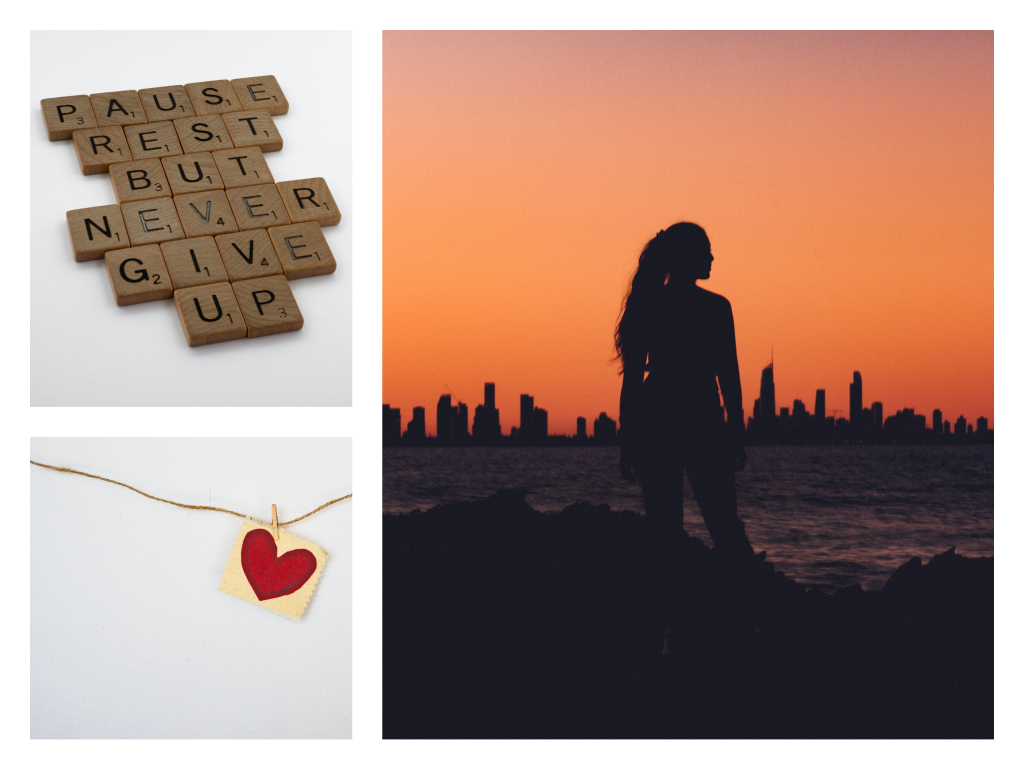We’ve all been there. There are some days when we seem to wake up on the wrong side of the bed. We miss a bus, forget an important document, we’re late for an appointment, lose track of time, and things just seem to go from bad to worse. The next time you have one of those days, there are ways to reconnect with yourself and turn things around.
Dr. Monica Vermani is a Clinical Psychologist specializing in treating trauma, stress and mood & anxiety disorders, and the founder of Start Living Corporate Wellness. She is a well-known speaker and author on mental health and wellness. Her upcoming book, A Deeper Wellness, is scheduled for publication in 2021. Please visit: www.drmonicavermani.com.
Dr. Vermani has recently launched an exciting online self-help program, A Deeper Wellness, delivering powerful mental health guidance, life skills, and knowledge that employees can access anywhere, anytime at www.adeeperwellness.com.
Life is a series of experiences. We have good days and days that challenge us. We can enjoy and roll through the good days, but what can we do about the more problematic bad ones? On bad days we need a tool belt of healthy coping skills that we can rely on to take the edge off a rough day.
Bad And Very Bad
Before we look at strategies and solutions, let’s acknowledge the difference between bad and really bad days. Bad days can include simply being in a persistent bad or low mood, experiencing a series of events — either of our own doing or completely beyond our control — that fall short of our expectations, or even set in motion a series of events that derail us. If I wake up after a restless night with too little sleep, then leave my car in a no-parking zone while I run into a coffee shop and find a $300 ticket on my windshield, or worse, that my car has been towed, which in turn, delays or possibly derails my entire plan for the day, that may qualify as a bad day.
A really bad day is bad on a whole different level. Bad news from a family member or friend, an accident or job loss, failing an exam, being passed over for a promotion, the end of an intimate relationship or friendship … these are just some of the many experiences that can turn any day into a really bad day.

The Self-Care Toolkit
Through good, bad, and very bad days, we’re all we have. We owe it to ourselves to be our own best friend. We need to be prepared and equipped to take care of ourselves when the going gets tough. To this end, it is crucial to have a self-care toolkit on hand and act compassionately toward ourselves when we are feeling less than optimal.
With self-care tools ever at the ready, you will always be prepared to pick yourself up by bringing in little acts of joy, things that make you smile, things you enjoy, and that interest you. There are times when we need to take charge of our bad days, by engaging in activities we know are healthy, mood-changing, and uplifting, even if we don’t feel fully aligned to engage in them.
Healthy, Mood-Altering, And Uplifting
My own feel-good activities run the gamut from small things, like enjoying a chocolate treat, sitting for a few minutes in the sunshine, taking a bubble bath, swimming, listening to a favorite song, watching a movie, going for a walk, or talking to a friend, to more prescriptive day-changing tool-kit activities. These activities include: creating a gratitude list, deep breathing, working out, writing in a journal, spending time in nature, getting a massage, seeking professional help from a mentor, life coach, or therapist, engaging in meditation — which could mean sitting in silence and paying attention to my breath (as many traditional meditation coaches prescribe), or partaking in an activity I enjoy, where I forget about my troubles, and lose all sense of time. We’ve all experienced enjoying ourselves so much that we have no idea how much time has gone by. That’s living in the moment. And that’s a form of meditation!

The Absence Of Self-Care
I used to run groups for people suffering from depression. For people suffering from mental health issues like depression, every day is a challenge. In our sessions, I would take everyone through an exercise of listing things that they enjoyed, things of interest and value to them, and things that made them smile. After everyone had completed their list, I would ask them to take a few minutes to reflect on how many of those activities they had engaged in over the previous week, and share their thoughts. Mostly everyone reported that they had not done any of the activities on their list in a long time.
A Lesson In Resilience
This group exercise illustrates a valuable lesson in resilience. Resilience isn’t something we do or don’t have. It is something we build and reinforce every day. Through having compassion for ourselves, and purposely engaging in things that make us feel good when we are in low self-esteem or struggling, we connect to our power, our ability to lift and support ourselves through whatever comes our way.
When the going gets tough, it is important that we show up for ourselves. We need to bring in compassion for ourselves by acknowledging when we are struggling, or having a bad day, or feeling unwell. We need to understand that we can step back, press pause, and direct our energy on taking care of ourselves. We need to realize that we can change the course of a bad day rather than suffer.
Remember, on a good day, celebrate, enjoy and be grateful. On a challenging day, take the edge off challenging moods, sadness, and feelings of overwhelm, by intentionally bringing into the day an activity that brings you joy, and reconnects you to yourself.
Dr. Monica Vermani’s 5 Self-Care Tools
Acknowledge when you’re struggling or having a bad day. The first step to treatment is awareness.
Bring in compassion for yourself, and don’t beat yourself up in the middle of an overwhelming situation, or not feeling physically well.
Give yourself permission and time to pause, reflect and take care of yourself.
Realize that you have the power to shift and change when you’re in the middle of a challenging day.
Reconnect with yourself. Engage in an activity or experience that brings you joy, no matter how briefly. Sit in the sunshine. Listen to a favorite song. Meet a friend. Walk in nature. Simply do something that brings you joy, love or warmth to your heart.
Main Image Photo Credit: www.unsplash.com
Dr. Monica Vermani
Author
Dr. Monica Vermani is a Clinical Psychologist who specializes in treating trauma, stress, mood & anxiety disorders and is the founder of Start Living Corporate Wellness. Her book, A Deeper Wellness, is coming out in 2021. www.drmonicavermani.com
























































































































